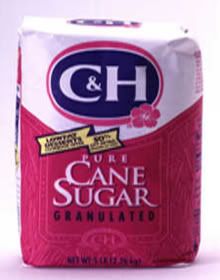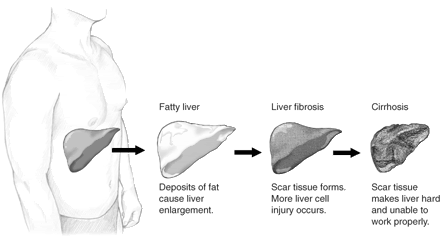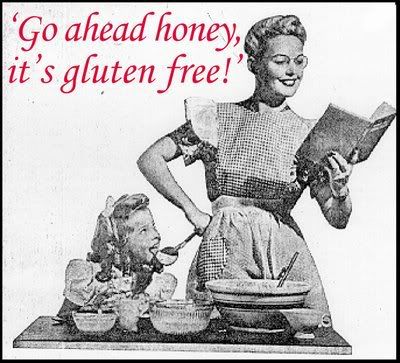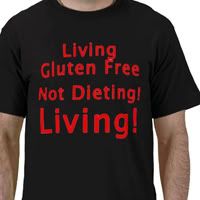As a forewarning, this is going to be a very long multi-part series of posts. Sugar is very problematic and can not be explained in just one entry. In short, here are some of the issues I will be discussing about sugar:
-Sugar promotes fatty liver disease, diabetes, and metabolic syndrome.
-Sugar directly causes elevated triglycerides, which are a major contributor to heart disease.
-Sugar causes high levels of oxidation/glycation.
-Sugar has a unique ability to promote cancer cell growth.
-Sugar in fruits and why fruits are not as healthy as you think.
-Sugar in fruits and why fruits are not as healthy as you think.
-Sugar causes elevated uric acid levels which lead to gout.
-Sugar alternatives
Over the course of the following posts I will discuss each of these issues individually.
Let's start with explaining what sugar is and why it is different than other carbohydrates. Although technically all simple carbohydrates are sugars, when I talk about sugar, I'm referring to the monosaccharride Fructose and molecules that contain it, such as sucrose which is a disaccharide made up of glucose and fructose. Sucrose is the common white sugar that everybody knows and loves.
Unlike other carbohydrates, fructose follows a different metabolic pathway in the body. Fructose is metabolized by the liver only. When you eat fructose, the liver stops everything and just works on processing this fructose. Over time, too much of this causes cirrhosis and fatty liver disease that looks remarkably similar to the effects of alcoholism.
In your liver, fructose is initially converted into glycogen, which is your bodies preferred way of storing carbohydrates. But, the liver can only hold a certain amount, usually around 100 grams or so. Once the liver is full it has to start making fructose into triglycerides and palmitic acid, which is a fat that will eventually be stored in the body. Some of these lipids (palmitic acid and triglycerides) are stored in the liver which is what makes it fat; hence, fatty liver disease. This condition, causes the liver to become insulin resistant because it can't hold anymore glucose. In fact, it starts leaking out glucose into your blood. Once this happens, your pancreas has to produce more insulin to prevent your blood sugar from getting too high and now you have chronically elevated insulin and you're on the road to type 2 diabetes. Vegetable oils also play a major role in this process, and there's some evidence that healthy saturated fat can help prevent this. Which I will talk about in a later post.
The long term effects of too much sugar
All of this, is your plane ticket to metabolic syndrome; a collection of related health problems that includes diabetes, obesity and ultimately heart disease. I want you to really look at the Standard American Diet. (S.A.D.) <----The acronym says it all. Sugar is in everything. Soda, the normal latte coffee every morning, cake, ice cream, TV dinners and pre-made foods, breakfast cereals, fast food, pastries, candy bars, those small packages of nerds, gummie bears and skittles people pop in their mouth like nothing, and even the supposed healthy foods, like fruit smoothies and yogurt. A large Jamba juice can have over 100 grams of sugar. How much did I say the liver can hold again? 100? Talk about a massive overload of sugar. The juice alone is enough as it is, and that's just one smoothie. I highly doubt that would be the only sugar you ate that day. And by the way, if you think the antioxidants in fruits are going to help you, think again. More about this in a later entry.
Try going without sugar for a week, and you'll start to realize how hard it is to avoid. And actually read the ingredients on everything, don't just assume it doesn't have sugar; the food industry loves to hide sugar in everything to make it taste better. It's insane how much sugar you can eat in a day without even realizing it.
I'm sick of hearing “Low carb is bad” ...Are you kidding me? You have no idea how important a low carb diet is for real health, not just weight loss. That's just what happens when you stop sabotaging your body and give it a chance to repair itself for once. An improvement in body composition is an indirect effect of your body finally working as intended. Low carb diets are not a gimmick or a crash diet. It's the way we were meant to eat to be healthy, and the way we did eat for hundreds of thousands of years.





